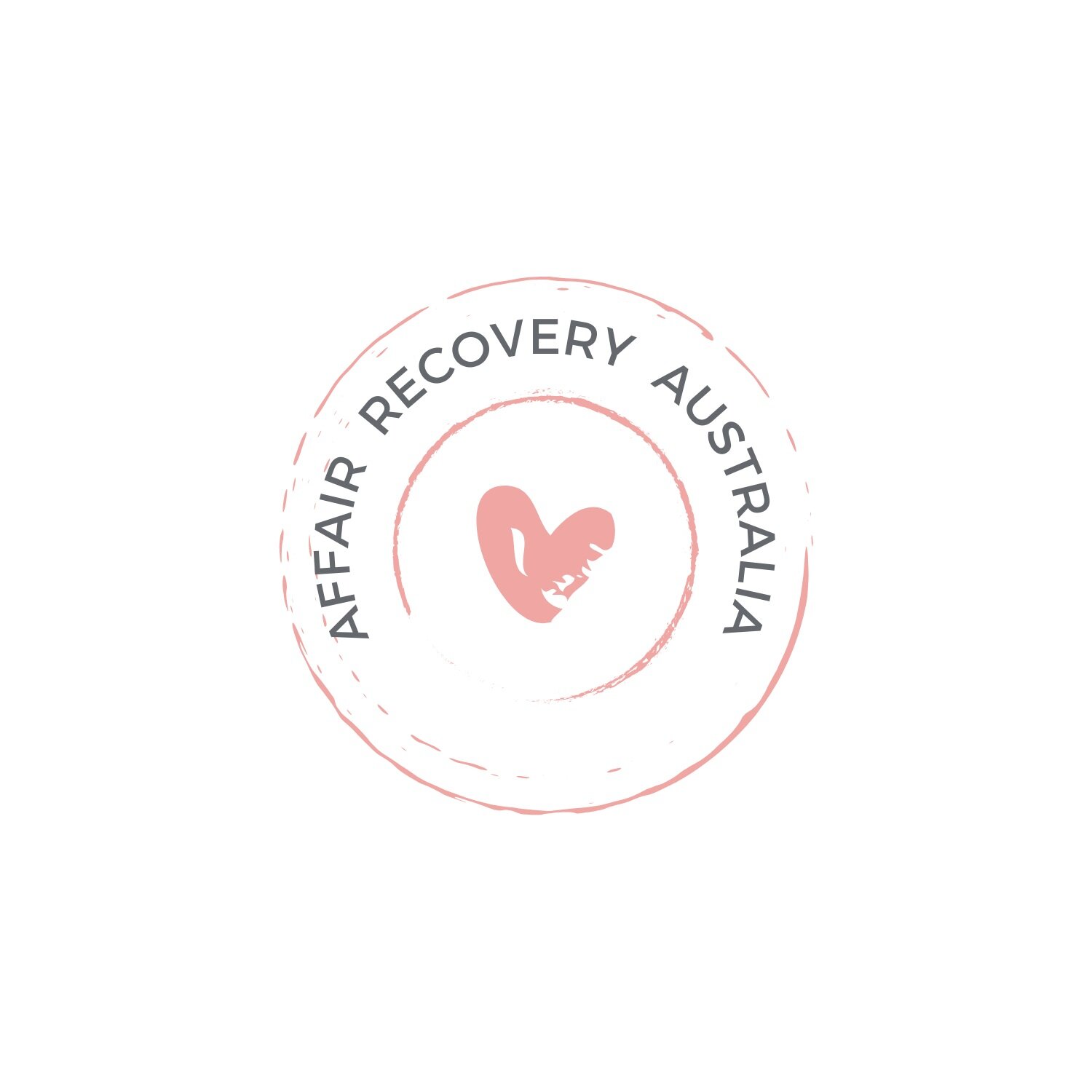Here Comes that Emotion Again
The emotion that comes up as part of the affair recovery journey can at times seem completely overwhelming. I have heard many people who have been through significant other traumatic events in their lives talk about the experience of betrayal by your partner as the worst by far. It knocks you out in a way that most of us have never experienced before. So it makes sense that most of us do not have experience of the kind of strategies and tools that would be helpful in managing this level of emotional turmoil.
We learn emotional management or regulation skills from the time we are born, initially, from the feedback and modelling we get from our caregivers growing up. This, if we are lucky gives us some clues. But the intensity with which the emotion hits us after betrayal is not something we have prepared for.
We might be really clear that it is OK to be angry but not OK to hit the person we are angry with but find ourselves doing just that in the midst of the emotional storm. Once the storm subsides we are left with the shame, remorse and regret for our unacceptable behaviour. A vicious cycle.
Or we might become so fearful of the intensity that we do everything we can to block the feelings – work, shop, eat, drink alcohol, over exercise...the result of that is we prolong our recovery and create within a pressure cooker that eventually will explode. It may explode outwards in passive aggression or fits of rage or inwards as depression and anxiety. Neither option is good.
So here are a few things I want you to know about emotion to help you manage the intensity better:
o Emotions are not fact. You are not your emotion and with better management strategies you will make this easier on yourself.
o Emotion after an affair is often motivated towards keeping you safe from danger even when the danger has passed – ie the affair is over.
o Whether we intend it or not the communication of emotion influences others. So planning to share rather than reacting is helpful.
o You do not need to protect your partner from the fact that you are feeling these emotions but you do not get to act the emotion out on them.
o It takes more energy to suppress emotion than to process it.
There are two main parts of managing the emotional turmoil bit by bit:
1. Emotion management which is about what you do with the anticipation or in the lead up to an emotional event – this is ongoing when you are recovering from an affair. It involves knowing for yourself what is likely to be an emotional event and planning for that. And ensuring that you engage in a lot of self care to ensure that you are in the best position to deal with the emotion when it hits eg if you are not eating or sleeping you won’t have the resources you need to draw on.
This part is important because it is often in the lead up that we tend to make decisions about whether to continue/approach or avoid a situation on the basis of the emotion it will elicit. For example our favourite coffee shop may have become a place of painful emotion when we find out our partner took their affair partner there. Our initial response might be to avoid the coffee shop but the consequence for that would be giving up something we enjoy. So the other option is to go and face the inevitable emotion it will bring up. In the long run approach behaviours ae healthier as they help you process the emotion. But the other side of that is that the affair journey has so many of these and you can’t do them all at once so it may be better to space them out over time.
2. Response focussed which is what you do after the emotion has taken hold. Try to experience your emotion as a wave, coming and going. Try not to block or suppress or get rid of the emotion or push it away but also don’t feed it, hold on to it or amplify it. Just accept that it is there.
Whilst processing the affair emotion by emotion is important, it is really just part of the first step. Eventually you are aiming for processing of the entire event or series of events. Briefly this involves:
1. Acknowledge your feelings – don’t block or suppress.
2. Build a more accurate picture of the reality through talking about it and understanding it.
3. Acknowledge what else this may have triggered from your past that adds to the intensity of the feelings – we all have baggage and this may be the time to unpack it for your own wellbeing.
4. Take responsibility for your healing in this area – no one else can do it for you. Whilst this turmoil may be caused by the actions of someone else unfortunately they cannot take this on for you. It is your journey.
Sometime this can be so big that you may need some extra help in this area. Don’t be afraid to ask for it – any good counsellor should be able to support you in finding the emotional management strategies that work for you. The risk of not getting on top of this is that it will affect your wellbeing and other relationships over time.
Catriona



